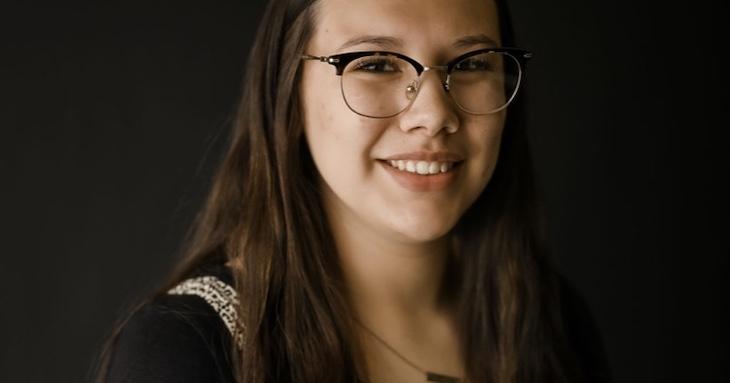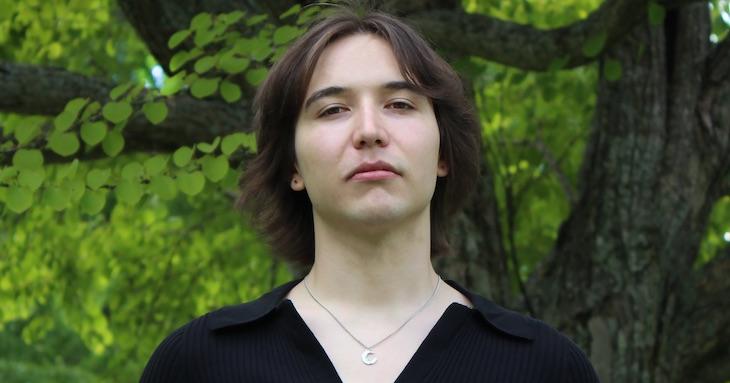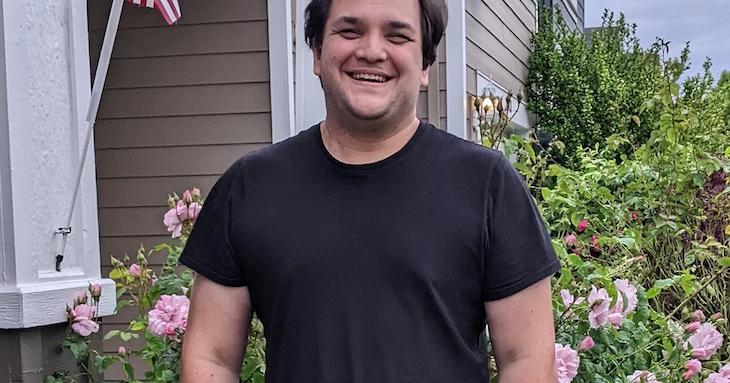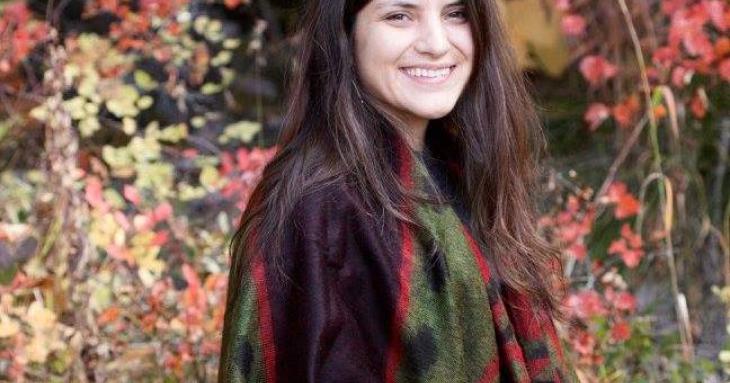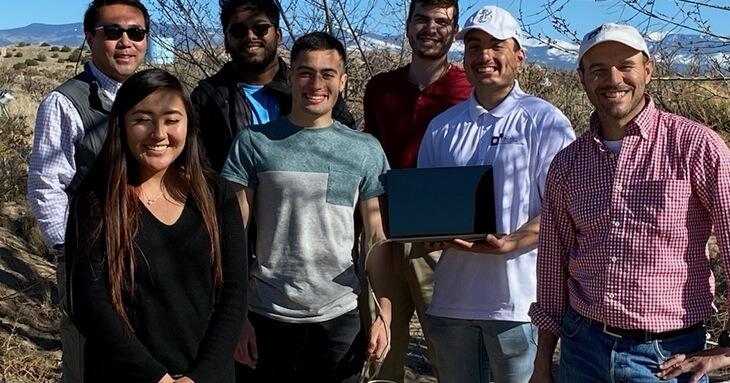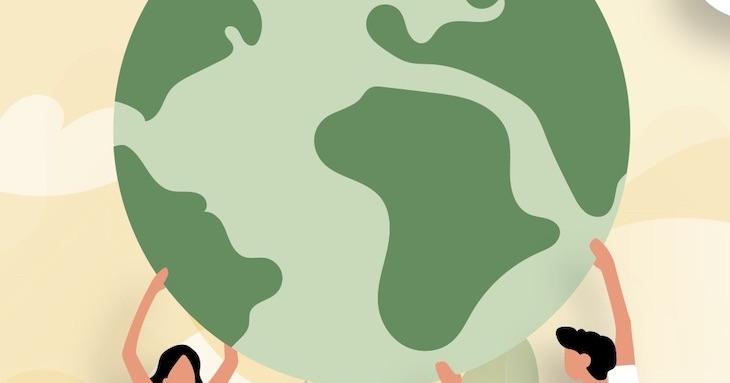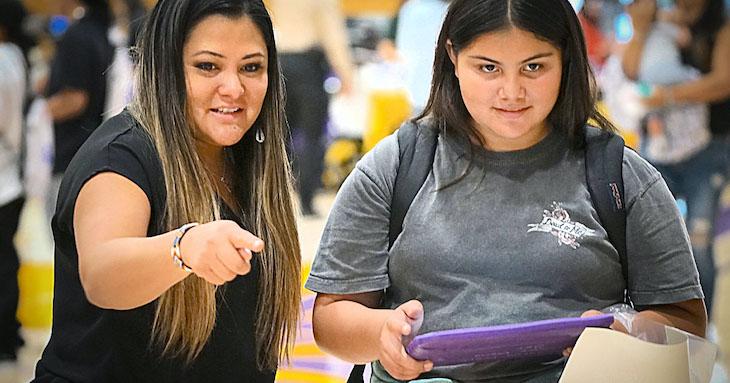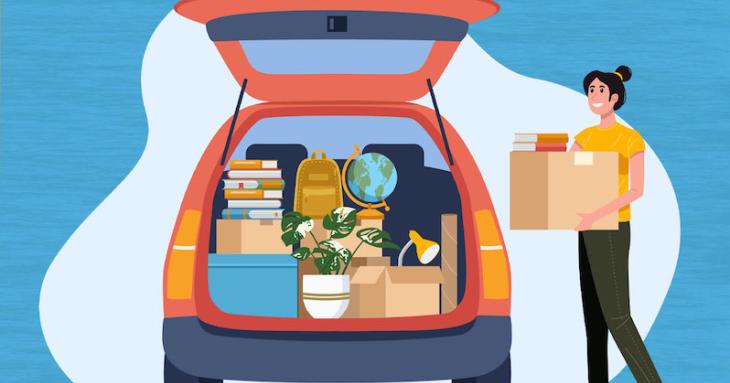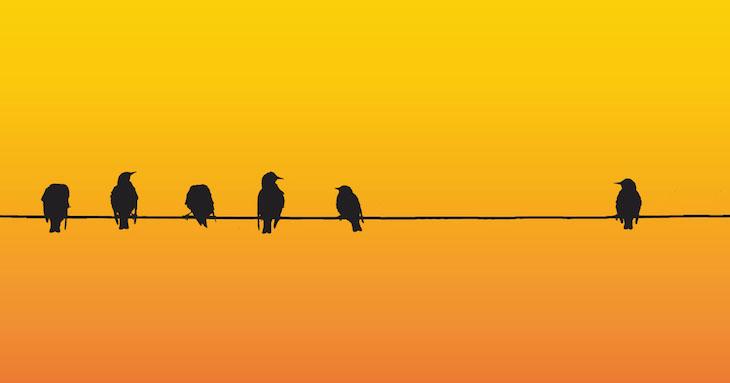-
Amaiya Bearpaw | Cherokee Nation of Oklahoma | Northeastern State University
Amaiya Bearpaw has always loved the outdoors. Preserving and improving the land that her family and community are part of has been a force in her life. Now, as she gets ready for her senior year in geography and sustainability studies at Northeastern State University, Bearpaw is even closer to her goal of making a difference in her community — and to the land that her community calls home.
-
Clara Sockbasin | Tobique First Nation | University of Waterloo
It would be an understatement to say Clara Sockabasin felt alienated when she first left her small New Brunswick community of Tobique First Nation for university halfway across Canada. Adapting to rigorous classwork at the University of Waterloo in Ontario, a top engineering school, was a harsh reality check. “Starting school, I was already behind,” recalls Sockabasin.
-
Benjamin Quanah Parker | Squaxin Island Tribe | Portland State University
Dr. Benjamin Parker recently became the first Indigenous student to earn a PhD in mathematical sciences from Portland State University. He joins a list of only 37 Indigenous people with a doctorate in math. While a career in academia supporting students as an ombudsman may be in the cards for the future, Parker is currently content in his new role with Intel as a software research and development engineer.
-
Hannah Funke | Confederated Salish and Kootenai Tribes | Salish Kootenai College and University of Idaho
It’s not surprising that Hannah Funke has more than a passing interest in fire. She grew up in northwest Montana, where there is a prevalent fire season. When she was young, she and her father would chase wildfires, observing the crews managing them. Both her parents fought fires — her mom’s desire to become a smokejumper was interrupted when she got pregnant with Hannah. Her father went on to become a welder and her mother went back to school to become a paralegal and later a nurse. Neither continued their fire fighting as Funke grew older.
-
Exceeding the Dream
Wireless sensor networks build resilience in a Native community — and in our research team
What do you get when you mix over 30 team members representing engineering faculty and students, ROTC cadets, aspiring lawyers, educational psychology instructors, and experts in flooding, then add a dash of ancient tribal knowledge, temperamental field sensors, wireless sensor networks built in-house, and unpredictable weather conditions — all with a one-year deadline and strict budget from a federal funding agency?
-
Combating Climate Change
The unrelenting bad news about the trajectory of the Earth’s climate has engendered plenty of pessimism. But there is another way to react to the sobering scientific consensus. Rather than give up and abandon any responsibility for climate woes, a growing number of people — especially young people —are acknowledging the gravity of the crisis while fully embracing their ability to improve their future. It is an empowering attitude that helps ward off climate doom anxiety.
-
Ways to Mentor Young Native Professionals
Having a mentor can be an integral component to an individual’s professional success. A mentor can help professionals learn and grow, expand their network, and even provide new employment opportunities. It is important to remember that not every style or approach to mentoring is appropriate for every professional. Here are a few ways to mentor a young Native professional.
-
Less is More: What Not to Bring to College
You did it! You’ve made your college decision. Now it’s time for you to pack up and make your way to campus. But be careful what you pack. It may seem like you need to bring everything from your third grade spelling trophy to your custom wall art, but think twice before you pack everything you own. Many college students end up bringing things they don’t ever need or use. Given the small size of most dorm rooms, less really is more. Here are a few things you don’t need to bring to college.
Prohibited Items -
Parting Ways: Knowing When It’s Time to Make A Change
The COVID-19 pandemic has brought about great change. One of those changes is the “great resignation.” From wanting to work remotely to pursuing an entirely new career, the reasons for employees leaving their current jobs vary widely. Perhaps you have considered whether there is a position out there that would be a better fit. But how do you know if it’s the right time for you and your current employer to part ways? Here are a few tips to help you know when to make a change.
You’re Truly Uninterested in Your Work -
Funding Your Future
After years of a set path in school, you may find yourself wondering what’s next. Whether you have a plan or are still figuring it out, the one constant is making sure you can fund whatever your future brings. This doesn’t mean you need to have thousands of dollars in the bank, but being smart about your money now will help ensure that you have it when you need it later. Here are a few ways to help fund your future.
Learn the Language


